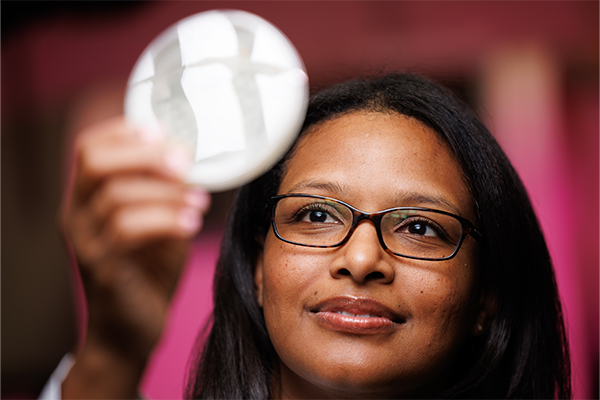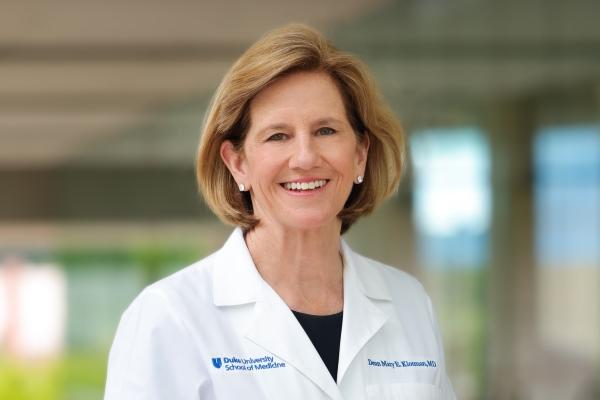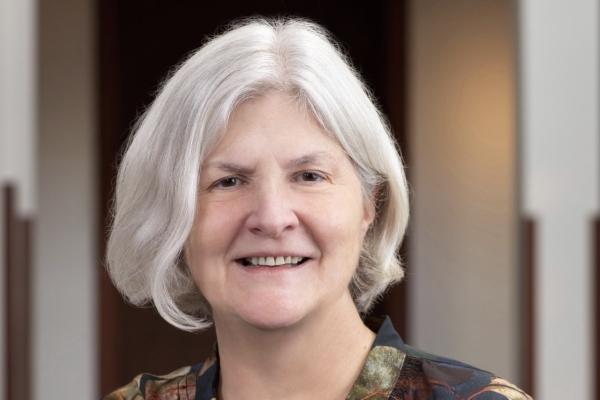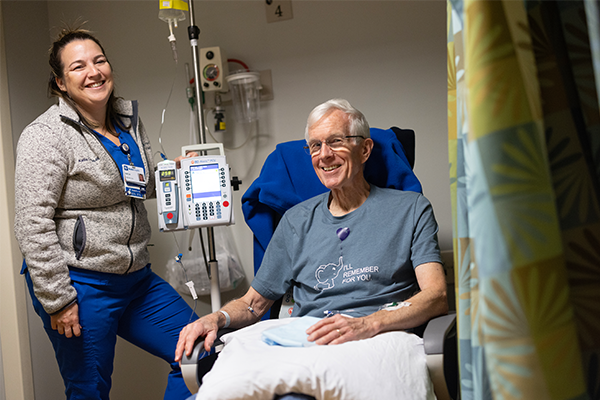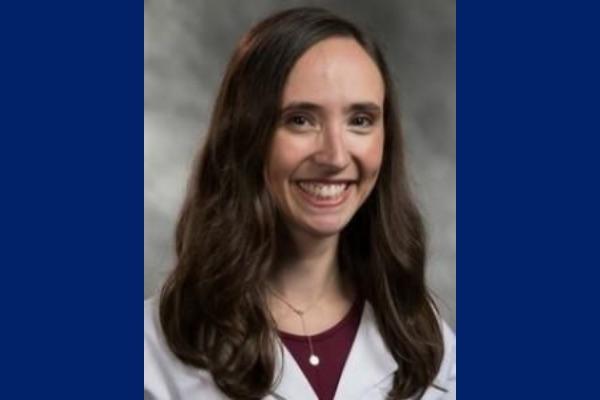What Comes Next: Cancer Epidemiology and Population Health
Tomi Akinyemiju, PhD, is a professor in the Department of Population Health Sciences. She emphasizes the importance of prevention and health equity in epidemiology and advocates for personalized approaches, leveraging big data and AI for risk prediction, and ensuring equitable access to medical and policy solutions to address health disparities.
What Comes Next: Genomics and Precision Health
Dr. Svati Shah, a leader in cardiovascular genetics at Duke, directs the OneDukeGen program, aiming to sequence 150,000 patients to identify actionable genetic variants. Her vision is a future where genetic sequencing at birth enables precise, equitable healthcare, potentially preventing diseases through advanced gene editing and personalized medical care.
Addressing the Health Challenges of a Changing Climate
Health experts at Duke University School of Medicine are scrutinizing the myriad ways in which shifting environmental conditions, from sweltering temperatures to severe storms, shape our well-being.
In university laboratories, North Carolina homes and on the coastlines of faraway places, they've learned not everyone is equally at risk. Their efforts involve pinpointing solutions to help those susceptible to environmental disruptions, which could affect respiratory and cardiovascular health, food security, infection resilience, and mental health.
A Scientist's Race Against Fungal Evolution
In a new study, scientists at Duke University School of Medicine have identified a potential new front in the battle against fungal infections, a growing health threat. By determining two structures of a crucial enzyme involved in fungal survival, scientists have pinpointed a pathway that could be key to developing new antifungal drugs.
The Deans: Mary E. Klotman, BS'76, MD'80, HS'80-'85
Mary E. Klotman, BS’76, MD’80, HS’80-85, is Executive Vice President for Health Affairs at Duke University, Dean of Duke University School of Medicine, and Chief Academic Officer for Duke University Health System. She was appointed dean in 2017, after serving for seven years as chair of the Department of Medicine, and re-appointed in 2022.
The Deans: R. Sanders “Sandy” Williams, MD’74, HS’77-’80
R. Sanders “Sandy” Williams, MD’74, HS’77-’80, is a professor of medicine in the Division of Cardiology at Duke University School of Medicine. He was Dean of the School of Medicine from 2001-2007 and Senior Vice Chancellor of Academic Affairs from 2001-2010. He currently serves in advisory roles on issues including Duke Science and Technology and research translation and commercialization.
The Deans: Nancy Andrews, MD, PhD
Nancy Andrews, MD, PhD, is Executive Vice President and Chief Scientific Officer at Boston Children's Hospital and Professor in Residence in Pediatrics at Harvard Medical School. She was Dean of the School of Medicine and Vice Chancellor for Academic Affairs at Duke University from 2007-2017.
School of Medicine Faculty, Staff Receive 2024-25 Presidential Awards
Three individuals within the School of Medicine and one Duke Health team were among the recipients of the prestigious 2024-25 Duke Presidential Awards.
Alzheimer’s Clinic Provides Time and Hope
Last year, Duke became the first institution in North Carolina to offer lecanemab, the first drug targeting the underlying processes of Alzheimer’s disease that has shown a clinical benefit. Duke now conducts the largest lecanemab clinic in the state, giving early-stage Alzheimer’s patients the gift of time and raising awareness about the need for more research.
EXTENDing Hope: Artificial Wombs for Safer Neonatal Development
Duke researchers found that, in animal models, supporting pre-term fetuses in an artificial womb until they reach late pre-term gestational age results in brain tissue gene expression that more closely resembles that of late pre-term fetuses than those born prematurely.



